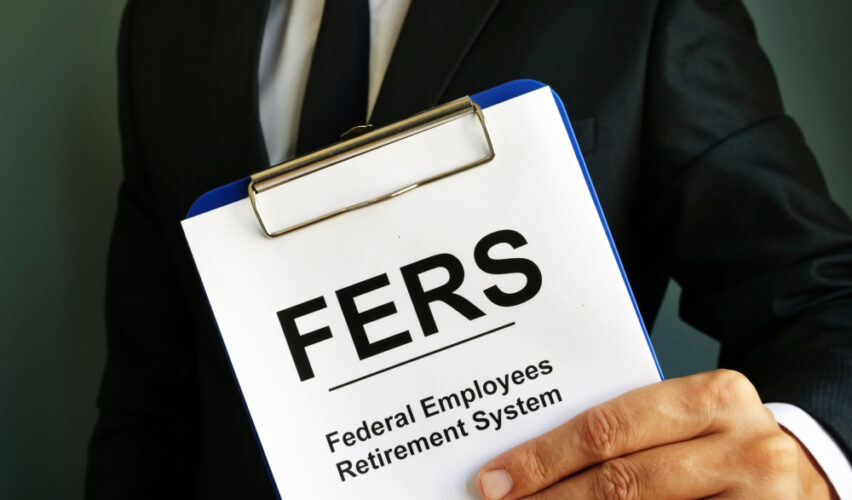The MRA+10 Retirement is a unique option available to FERS participants that enables you to receive an immediate annuity with only 10 years of creditable service. It’s also known as a Postponed Retirement and often referred to as an Early Retirement however the difference is in the details. Let’s start with the basics.
The MRA+10 Requirements
You can retire under the MRA+10 provision, and receive your FERS annuity (pension) beginning immediately, as long as you’ve reached your Minimum Retirement Age (MRA) before you separate from service. Your MRA is based on the year you were born and ranges from age 55 to 57 for most current FERS participants. Click here to check your MRA.
In addition to reaching your MRA, you must complete 10 years of creditable service in a FERS covered position to be eligible under the MRA+10 rules. Add to this, you must keep all of your contributions in the FERS system.
The MRA+10 Reduction
If you retire under the FERS MRA+10 and start receiving your pension immediately, your benefit will be reduced for each month you’re under age 62. This reduction equals 5% per year (or 5/12 of one percent per month). When you think about it, losing 5% per year over a period of several years is a considerable loss. Fortunately, there is a way to mitigate the reduction.
The Postponed Retirement Option
Under the MRA+10 provision, you can maximize your annuity (pension) payments by holding off on collecting your monthly benefit until you reach the age at which you would have been eligible for your full benefit. The postponed retirement option makes sense for those who want to work in the private sector after separating from federal service.
“Continuing your FEHB coverage in retirement is an important factor to consider no matter when you choose to retire from your federal career.”
Under The Postponed Option, You Can Reinstate FEHB Coverage
The other advantage of the Postponed Retirement Option is that you remain eligible for Federal Employee Health Benefits (FEHB) as long as you have at least five years of consecutive coverage under FEHB.
Though you will not receive FEHB coverage when you stop working, you can reinstate your federal healthcare benefits when you apply for your FERS annuity (pension) at a later date. Continuing your FEHB coverage in retirement is an important factor to consider no matter when you choose to retire from your federal career.
Retiring under the FERS MRA+10 provision really depends on your financial situation and future plans. Before you make a final decision, touch base with an FRC® trained advisor who understands the ins and outs of all your FERS retirement options.

























